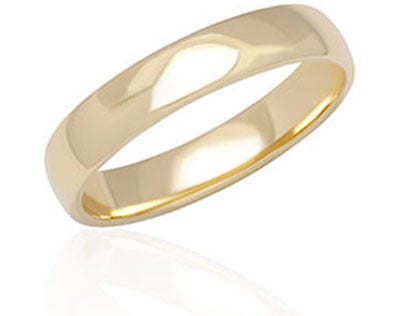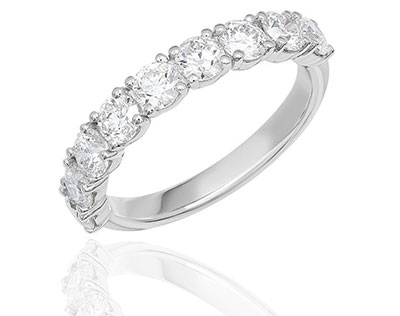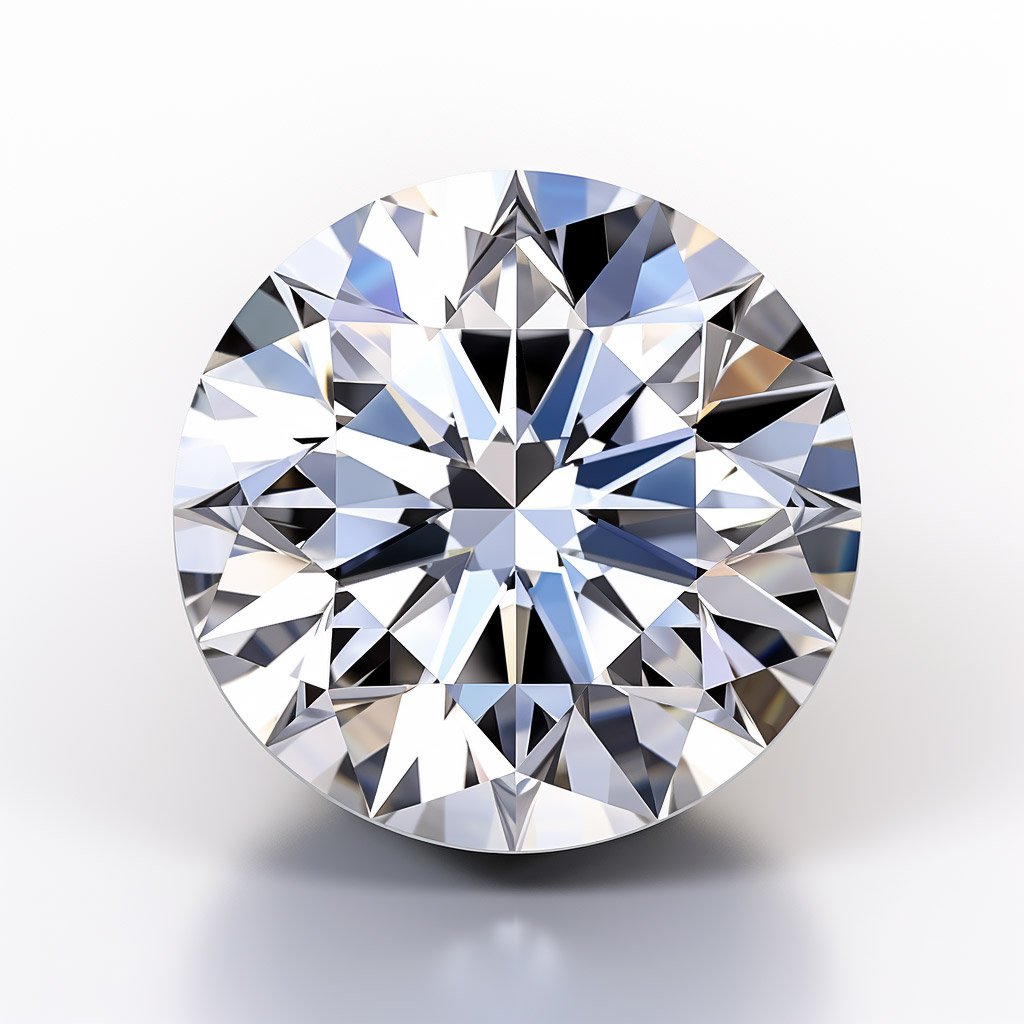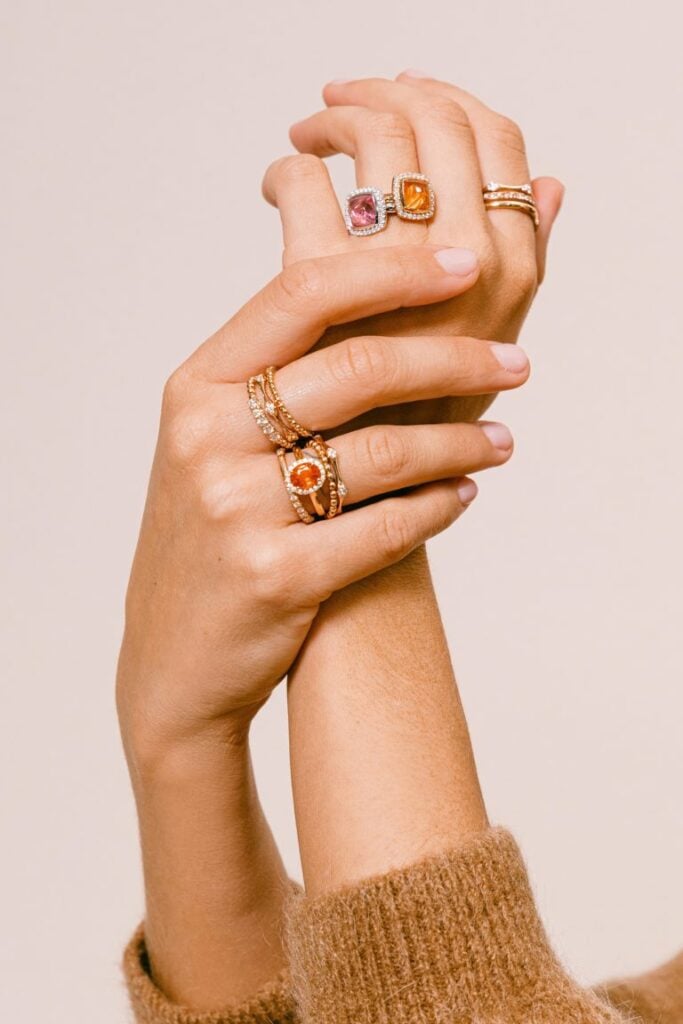In the sparkling world of diamonds, certification plays an indispensable role. Authenticating a diamond’s genuineness while verifying its quality, a diamond certification offers buyers the confidence they need to make an informed decision. Dive into the realm of diamond certification and discover its significance in ensuring both authenticity and quality.
1. What is Diamond Certification?
A diamond certificate, often referred to as a diamond grading report, is a detailed document issued by a gemological laboratory. The certificate provides an analysis of a diamond’s dimensions, clarity, color, cut, carat weight, and other characteristics.

2. Why is Certification Important?
- Authenticity: A certification affirms that the diamond is genuine and not a counterfeit or a look-alike gemstone.
- Transparency: It provides an unbiased insight into the diamond’s quality, ensuring buyers get what they pay for.
- Resale Value: A certified diamond often fetches a higher resale value, assuring potential buyers of its quality.
3. Renowned Diamond Certification Labs
Several reputable institutions globally provide diamond certifications. The most recognized ones include:
- GIA (Gemological Institute of America): Renowned for its stringent grading process, GIA is often considered the gold standard in diamond certification.
- HRD (Hoge Raad voor Diamant or Diamond High Council): Based in Antwerp, HRD is highly respected in Europe and is known for its rigorous standards and detailed reports.
- IGI (International Gemological Institute): Another globally recognized institution, especially popular in Europe.
4. Understanding Key Elements in a Diamond Certificate
- Grading: Diamonds are graded based on the 4Cs – Cut, Color, Clarity, and Carat weight.
- Inclusions and Blemishes: The certificate will list any internal or external flaws that affect the diamond’s value and appearance.
- Diagram: A mapped diagram displaying the diamond’s inclusions and blemishes.
- Security Features: Many modern certificates come with features like holograms to prevent counterfeiting.
5. The Cost Implication of Certification
Certifying a diamond involves a fee, which varies based on the lab and diamond size. Though it’s an added expense, the benefits of certification—ensuring authenticity and optimizing resale value—far outweigh the cost.
6. Final Thoughts: Making an Informed Purchase
A diamond purchase is a significant investment, often marking pivotal moments in one’s life. Ensuring the diamond’s authenticity and quality through certification provides peace of mind. As a buyer, always request a certificate when purchasing a diamond, and if possible, opt for certifications from recognized labs to guarantee the diamond’s value and attributes.
FAQ: Diamond Certification – Authenticity and Quality
A diamond certification, often known as a diamond grading report, is a document from a gemological laboratory that provides a comprehensive analysis of a diamond’s various characteristics, including its clarity, cut, color, and carat weight.
Diamond certifications offer multiple benefits:
- Confirming the authenticity of the diamond, ensuring it’s genuine.
- Providing transparency about the diamond’s quality.
- Enhancing resale value, as buyers often seek certified diamonds.
While many labs offer diamond certification, the most prestigious and recognized include GIA (Gemological Institute of America), AGS (American Gem Society), EGL (European Gemological Laboratory), IGI (International Gemological Institute), and HRD (Hoge Raad voor Diamant or Diamond High Council).
The 4Cs refer to:
- Cut: The diamond’s symmetry, proportions, and polish.
- Color: The hue of the diamond, graded on a scale from D (colorless) to Z (light yellow).
- Clarity: The presence of internal or external flaws, known as inclusions and blemishes.
- Carat Weight: The size of the diamond, with one carat equal to 0.2 grams.
Yes, certifying a diamond involves a fee, depending on the lab and diamond size. However, the advantages of having a certified diamond, such as assured authenticity and potential higher resale value, often justify the additional cost.
Not all diamond certifications are created equal. While all provide information about the diamond, grading standards may differ. It’s advisable to rely on certifications from renowned labs like GIA or AGS, known for their strict and consistent grading.
While there have been instances of counterfeit certificates, many modern certifications come with security features like holograms. Always verify the authenticity of a certificate directly with the issuing laboratory if in doubt.
Yes, a diamond can be sent to multiple labs for certification. However, it’s worth noting that grading might vary slightly between labs due to differing standards and methodologies.
Certification provides an unbiased assessment of the diamond’s characteristics. While it doesn’t directly determine value, a certificate from a reputable lab can enhance a diamond’s desirability and potential resale value.
Most labs offer online verification systems. By entering the report number on the lab’s website, you can access the diamond’s details and ensure they match your certificate.





